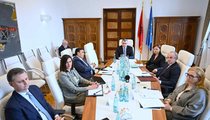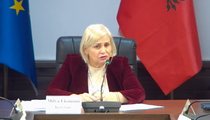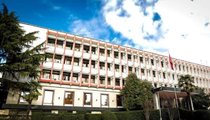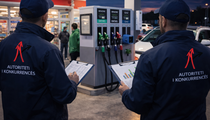EU, focus on critical subjects - What strategic resources does Europe use in the defense sector?
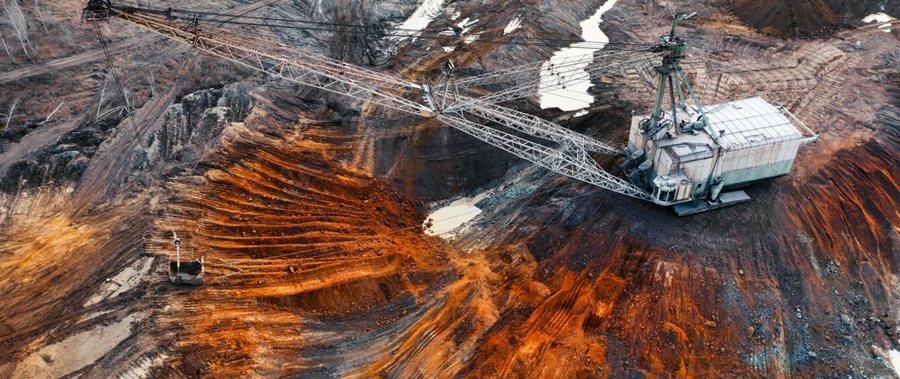
NATO and the European Union have published lists of raw materials that are critical for defense purposes and technological sustainability. The land, naval, space and weapons sectors need these critical raw materials, according to a study by the International Institute for Strategic Studies (IISS).
A modern main battle tank uses raw materials for sensors, weapons, armor, hull, and communications. Sensors are increasingly complex and rely on a range of critical materials.
For example, basic glass and mirrors use silicon and ceramics, while infrared and night vision sights, which are essential in low-visibility environments, can contain mercury, cadmium telluride, germanium, copper, and tantalum.
Copper and germanium are classified as strategic raw materials by the EU, which has a 17% and 42% import dependency for each, respectively. China is the largest global producer of both materials, accounting for an average of 38% of global copper production and 83% of global germanium production between 2016 and 2020.
Modern warships also use a number of critical materials in their construction, although the naval sector uses less than the aerospace, land or weapons sectors.
However, there is still a high demand for many materials considered to have a moderate supply chain risk, such as aluminum, iron, steel and copper. For example, aluminum is widely used in shipbuilding, including decks, superstructure elements and internal partitions.
The European Union is 58% dependent on aluminum imports, with China being its largest global producer.
Between 2016 and 2020, China accounted for an average of 56% of global aluminium production. To mitigate supply risks, the EU is making efforts to promote domestic extraction, processing and recycling of these critical materials.
In addition to the EU's Critical Raw Materials Act of 2024, individual member states are developing their own national strategies. The French Military Programming Law for the period 2024–2030 allows the Ministry of Defense to request the creation of industrial reserves of materials, components and semi-finished products that may be needed by the armed forces.
The Spanish Defense Industrial Strategy 2023 also included references and recommendations to improve and strengthen both the supply chain and the provision of raw materials.
Similarly, Germany's National Strategy for Security and the Defence Industry for 2024 paves the way for the use of a national raw materials fund to strengthen security of supply in the security and defence sector. According to it, there should be improved monitoring of supply chains for critical raw materials required by the defence sector.
Other European countries, including Italy, Poland and the United Kingdom, are also developing strategies related to raw materials and the potential exploitation of national resources.
However, specific government documents focused on defense are not yet available.

Trump promises tariffs on phones, electronics - Washington targets Chinese technology with new trade measures
The exemption of smartphones, laptops and other electronics from import tariffs on China will be short-lived, senior US officials said, with President Donald......

Greece will repay loans 10 years early - Economic recovery "pushes" Athens towards reducing public debt
Greece will repay the loans granted under the first package against the debt crisis by 2031. At this rate, Athens aims to lose the label of the country with......

Rrogozhinë-Vlora-Airport Railway, electric - Austrian company announced as winner for the design, bid 78.81 million lekë
With a bid of 78.81 million lek, the Albanian Railways has announced the winning company that will conduct the study and draft the project idea for the......
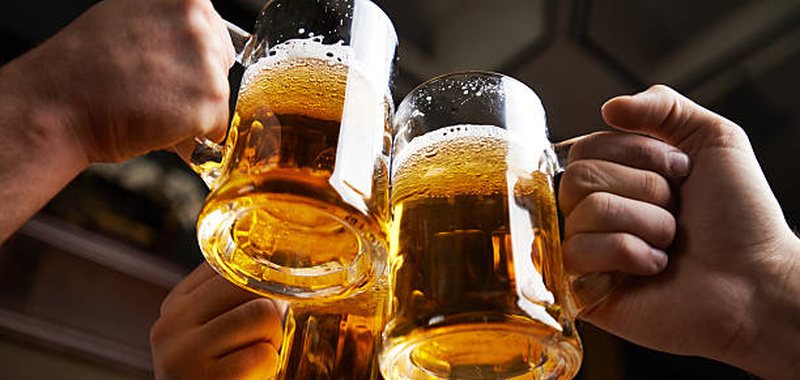
In the Balkans, the most expensive beer is drunk in Albania/ Numbeo: We lead the region with the highest price of imported beer
Numbeo, the well-known comparative data platform, has recently published information regarding the price of imported beer for several European countries.......

National Agricultural Support Scheme - Applications open, deadline for farmers until May 30. Aims to promote the development of the sector
The Agency for Agricultural and Rural Development announces that applications for the National Agricultural Support Scheme for 2025 have opened......
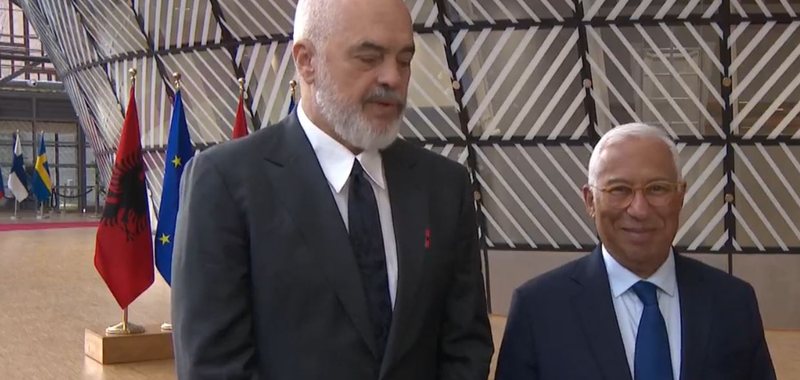
Rama-Costa: Committed to concluding negotiations within 2027
Prime Minister Edi Rama met today in Brussels with the President of the European Council, Antonio Costa, with whom he discussed the progress made in the......
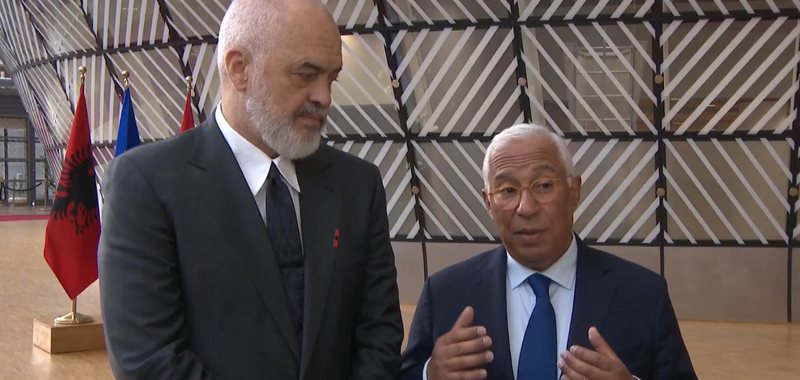
Fourth Albania-EU Intergovernmental Conference in Luxembourg: Chapter group on "Internal Market" opens!
The fourth intergovernmental conference between Albania and the European Union is being held in Luxembourg today, with Prime Minister Edi Rama also......
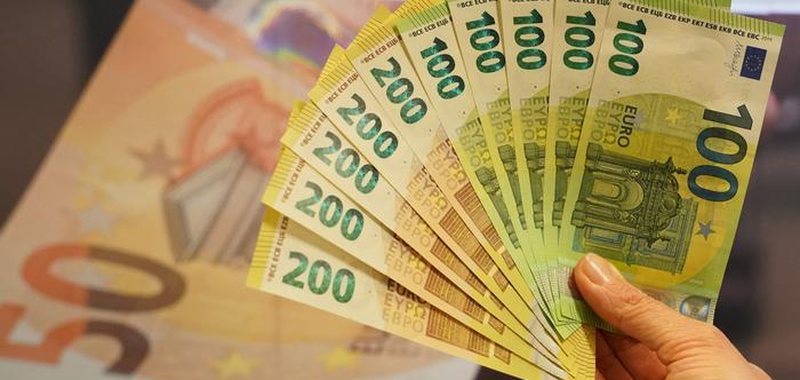
Is Spain banning the use of 50 euro banknotes?
There is a massive online rumor that Spain is getting rid of the 50 euro note after news emerged claiming that it was on the verge of disappearing. According......






